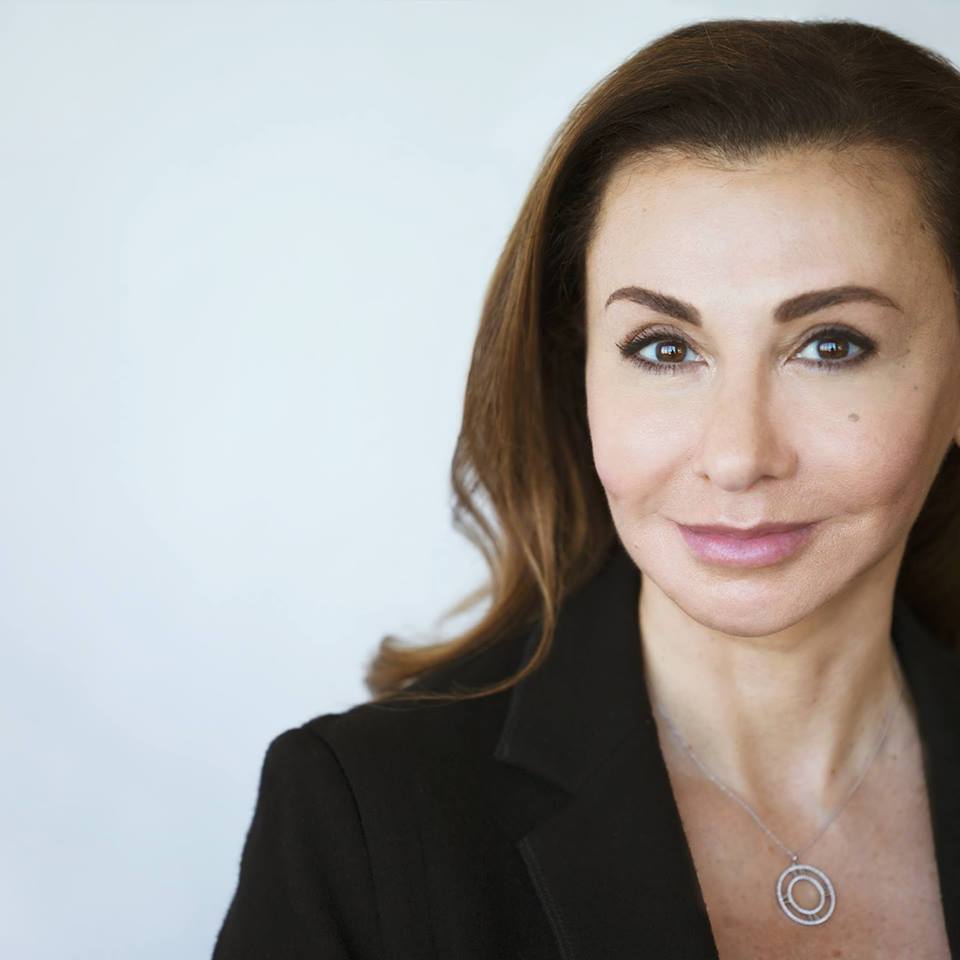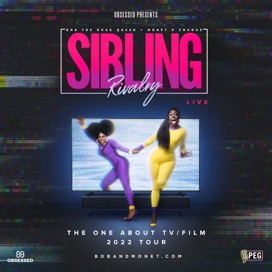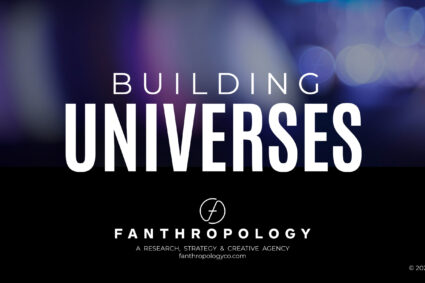
On this exclusive INTERVUE, I recently sat down with physician and anesthesiologist, Dr Faye Jamali. In this first part of the two part series, I talked to her about how she overcame opioid abuse
and her viewpoint on how more celebrities can avoid opioid abuse and add the latest news concerning celeb opioid addiction.
DR: Talk to us about your journey as an expert physician and an anesthesiologist.
Well, it just started gradually. It took me by surprise. I was at my son’s birthday party. When he was two years old, I broke my wrist. Then, I had a couple of surgeries for that, for the wrist. I was having a lot of pain with that and at the time, surgeons, physicians were really prescribing pain medications like they were M&Ms, because we were basically told by pharmaceutical companies that there’s a very low chance of addiction to these types of medications when it’s just used for pain control.
So, I was prescribed a boat-load of pain medicines. I took them as directed, and then I realized that when I took them, it didn’t bother me when I had a fight with my husband or when the kids were getting too rambunctious. It just took the stress away. And it just slowly crept up on me, but again, since I had no experience with addiction and I thought, “I’m a doctor, I can’t be addicted,” it slowly crept up on me. And then being an anesthesiologist, over a period of a year when I was using these pain medications not as directed but just trying to reduce stress, when I finally had a migraine, which I used to get a lot, instead of going to an ER at the end of one day, I’m like, “well, I know what to do. I’ll just inject myself with the medication that I have left over from this morning.” And the first time I did that, there was a huge amount of guilt associated with that. It was like, “Oh my God, what did I just do?” And, the next day when I had a migraine, I knew exactly what to do and that’s when the addiction just hijacked my brain.
But it was very difficult for me to admit that I was addicted, because I thought addicts were people on the street, or rock and roll celebrities who were in and out of rehab, not a soccer mom and respected physician. So, it just stopped me from getting the help that I knew I needed, but thankfully, it just lasted two or three months. My work found out I was using—I never used at work; it was just I was diverting the medications for use later. When they confronted me with it, I was finally glad someone caught me and I went into rehab the next day and the rest of my journey.
So, how were you able to overcome opiate abuse after the fact your business had found out about it? How were you able to overcome that? Was it a gradual process or was it taking it step by step to go through the steps properly?
So, the first day I went into rehab, since I knew nothing about recovery, I thought, “you go someplace, they fix you and then you go back to your life”. Kind of like, if you have an infection, someone gives you an antibiotic, you take it for seven days and then you just go back to your old life. I had no idea that it is a journey that continues throughout the rest of your life. I remember clearly that first day, we’re all sitting in a circle and kind of introducing ourselves and people looked at me, I was sitting there with nice clothes on, my pearl necklace, and someone asked, “are you here for alcohol?”, and I said “no, I shoot drugs.” (laughs)
And she couldn’t just put this picture in her head of this mom in her forties who said she shoots drugs. That’s the thing. I realized this could happen to anybody.
Yep.
My story is the same as the homeless person shooting drugs, because it is the exact same disease, and that disease does not discriminate. So that was the first lesson that I learned. And then, gradually, being introduced to twelve step programs and going to this, I realized, it’s just giving you a toolbox of how to deal with problems in your life. Yes, the drug is a problem, but the main thing is we’re using the drug to numb ourselves to the problems we have in our lives instead of actually feeling the pain; going through the pain to get to the other side, and that takes a shift in your thinking.
Addiction doesn’t go away the next day; it’s a process. The main thing was, as a physician and as a scientist, I had always relied on my mind to be able to solve any problem. Buy what happens when your mind has been hijacked? You realize you need help. And I was so lucky and fortunate that I was able to get the help I needed. Recovery is possible. Your life can go on and it will be amazing, because compared to people who haven’t been through recovery, I feel like I have tools at my disposal that I never had before I was even an addict, how to deal with life. I felt like life becomes rosy after recovery. Life has its ups and downs. It’s just how to deal with those problems. For me, for example, three or four years into it, I was diagnosed with breast cancer. I had six different surgeries–
Wow
And—yes! I was able to stay in sobriety. You will need painkillers after surgery, but I had a plan in place. For example, I had no medications; I gave them to my husband to dispense to me, and after three to four days, I was done and he would just take them away. I never had control of that pain medication. So, I upped my programs, went to more meetings, talked with my sponsor more, so there are plans to put in place that can help you through difficult times, even surgery. But you have to have that recovery in mind.
And speaking of rock and roll stars, I came across an article a few weeks ago about Nikki Sixx and he recently became the vocal spokesperson on how to combat opiate addiction, especially since he had lived through the drug use he had in the past. I want to get your viewpoint on how more celebrities can avoid opioid drug use in the first place? How can they avoid it?
Well, I think the first thing to keep in mind is that there has to be awareness about it that they’re not immune to it. It’s not, “oh because we’re in this life it’s ok to use.” The problem is that it sneaks up on you, and once it has a hold on you, your mind is not thinking correctly anymore. It becomes a way of life and someone trying to take it away becomes an existential threat to you. So, I think for self-awareness that it can happen. And once they find themselves in it, they can look to other celebrities who have been able to deal with addiction, get to the other side and have a very fruitful career while they’re in recovery. And that’s the amazing thing; they don’t have to lose their livelihood and their jobs and their celebrity because of this disease. If they can catch it early, get the help they need, their career will get even bigger because they will be present for it.
Do you have any idea why few people are willing to come out now about the opioid crisis?
Well, I think it’s become something we can’t ignore anymore. The sheer magnitude of it is just astounding. There are more pain pills being prescribed than actual people in certain northeastern states. It is crazy! And in all honesty, I think there’s a racial component to it. During the crack epidemic, it was pretty rampant, but it was affecting a certain population, but right now that it is affecting white working class people in the northeast, it’s made the news more. So, whatever it takes, I’m glad we’re talking about it now, and I just need—we just need to make sure that the stigma is not what’s keeping us from helping people.
The stigma has been a huge part of people not getting the treatment that they need. I’m thinking of a study back in 2014 that Johns Hopkins University did, and it stated that the general public was more likely to have negative attitudes towards those people dealing with drug addictions than they do with mental illness. I also found out that people didn’t generally support insurance or housing or employment for people who depends on drugs. So, we just have to take the stigma portion out, and the more awareness there is, the more people will be willing to attend treatment; it’ll help their self-esteem and it will be a huge help to society, because right now, this is a drain on the whole society. The cost of dealing with people with addiction is staggering now and the thing is, it’s not a short term fix either. This is a lifetime journey that people have to have to deal with addiction, so the funding needs to be there, or else we’re going to lose a whole generation to this disease.
Going back to tackling the crisis; I remember reading that Attorney General Jeff Sessions was blaming the old foe of marijuana for the opioid crisis, and some people felt that was wrong of him, especially since it was disproven for a fact. What do you feel our administration needs to do to help stop this crisis from going to epidemic proportions?
Well, I think it’s already in epidemic proportions; the problem is that we need funding for mental health and for addiction services. The affordable care act was the first time we actually said that there can be funding through Medicaid and other services, but the funding is not the same in every state. This really needs to be dealt with as a disease that can take over huge populations, and unless we have funding, it’s going to be very difficult to do that. I was very lucky. My insurance covered it and I had the means to deal with the extra stuff, but most people don’t.
They’re like, “well, I’m addicted to pain killers, but I have to pay my mortgage. Why should I go to treatment?” So, we have to stop putting roadblocks in front of people who are actually willing to get treatment. So, it has to come from the government. The government, first off, has to realize this is not a moral shortcoming. These are not bad people. It can happen to anybody; your moms and dads, and it affects everybody from every socioeconomic status and every background.
I definitely agree with you, because reading the stories and doing my research prior to interviewing you, to see how many have been affected, I remember reading it was over 400,000 people have died from the opioids in 2016 alone, so it could happen to all walks of life, so I definitely agree with you that they need to stop making excuses and start producing results and let that research happen, in addition to let the people who need help get the help that they fully deserve.
I couldn’t agree with you more. We really have to replace this negative attitude with evidence based facts. I’m just a scientist! You’ve got to deal with this as an issue and deal with the research and see what facts we already have and tackle the problem without the stigma.
If you like to reach Dr. Faye Jamali, you can reach her at [email protected]
Be sure to catch part 2 of the interview, next week! Click HERE to read Part 2


